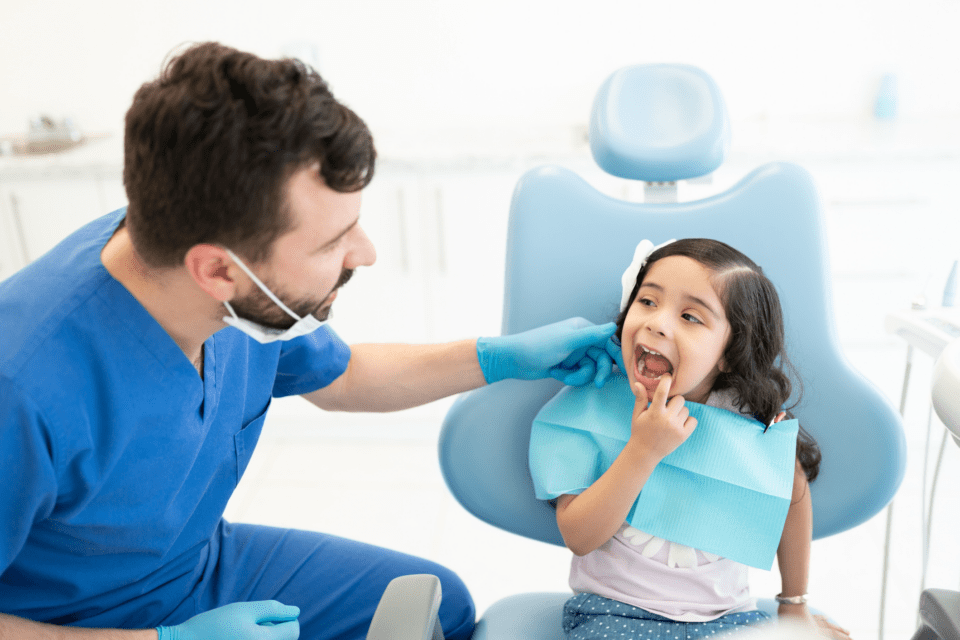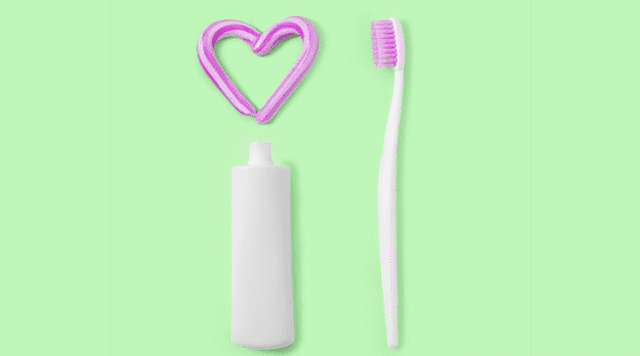Long term effects of poor oral health care on children

Most parents understand the importance of good physical health for the well-being of their children. However, the value of good oral health is sometimes overlooked. Poor oral health in children can lead to many negative long-term effects including physical and mental health problems, and can even hinder academic success in some cases. Here are some ways poor oral health can impact a child’s future.
Effects on physical health
Poor oral care can cause children to experience health problems that start in their youth and carry through their adult years. For example, children (and adults) who have untreated cavities or other dental problems tend not to chew food correctly due to pain. Chewing is an important first step in the digestive process and incorrectly doing so can lead to digestive problems. Examples of digestive problems caused by improper chewing include upset stomach, gas, bloating, and constipation.
The risk of serious physical health problems later in life, such as heart disease, can increase for children with poor oral health. One study found that oral infections in childhood are associated with structural changes and thickening in the artery walls. This thickening can increase the risk of strokes and heart attacks in adulthood.
Additionally, the chances of developing Alzheimer’s disease increase for children who have bad oral health. Studies have found bacteria that cause gum disease can travel from the mouth to the brain and may damage neurons. Chronic gum disease can increase the risk of developing Alzheimer’s dramatically. Thus, catching and treating gum disease early may decrease the risk of developing the disease later in life.
Effects on mental health
Children with oral health problems such as bad breath can reduce self-confidence and self-esteem levels. Additionally, bad breath in adolescents “could lead the individual to estrangement and avoidance in social interactions.” This social avoidance may ultimately lead to a negative self-image, poor social skills, substance abuse, and more. More concerningly, lack of self-esteem may cause more serious mental health disorders such as depression and anxiety as adults.
In addition to low self-esteem, children with poor oral health may be more likely to have speech issues. This can cause them to feel embarrassed or frustrated when they try and communicate. Oral health problems during early childhood, such as cavities, can cause speech delays, and studies have found that children with speech delays have a higher risk of developing emotional, social, and behavioral problems as an adult.
Taking care of oral health can help children feel more confident as they grow. This is especially important as mental health disorders are becoming more common.
Effects on education
The connection between problems in school and poor oral health is not widely known. However, studies have found poor oral health is strongly linked to negative academic outcomes. Other findings suggest that children with oral health problems may not be as successful as their counterparts in adulthood.
A 2018 study found that children with decayed teeth have a “44% higher probability of poor school performance and a 57% greater likelihood of poor school attendance.” Children who have high rates of absences are at a greater risk of falling behind and dropping out of school.
Neglecting oral health care may have a serious impact when it comes to the future of your child. Therefore, it’s important to encourage good oral hygiene habits and see a dentist regularly.
How to prevent poor oral health in children
Poor oral health may lead to negative long-term effects on the physical health, mental health, and even the academic success of your child. So, what can you do to prevent poor oral health in your child?
For babies and young children:
- See a dentist by age 1
- For babies, wipe gums with a clean cloth after feeding and before bed
- Start brushing with a soft toothbrush when the first tooth appears
- Don’t not put a baby to bed with a bottle
For children:
- Brush teeth twice a day with fluoride toothpaste
- Drink fluoridated water
- See a dentist regularly
The importance of good oral health in children goes far beyond the mouth. Find a provider near you today!
Related stories
-
Top 3 Reasons Your Teeth Love Turkey Day
Family, fellowship, and food are just a few of the reasons why we love Thanksgiving. When the … Read More
-
Patients Unwilling to Switch Dentists Proved a Myth
A recent Delta Dental study of 15,000 consumers indicated that more than 55% of respondents would change … Read More
-
Your Mouth Holds the Key to Your Heart
Did you know a healthy mouth can make your heart happy? It’s true. Studies show people with … Read More
Sign Up Now
Most Liked
- 1 Do Expiration Dates on Dental Products Matter? 305 Likes
- 2 Is Activated Charcoal Safe for your Smile? 167 Likes
- 3 Crazy and Cool Fish Teeth Facts 92 Likes
- 4 What Are Tonsil Stones? 81 Likes
- 5 Delta Dental Protects Your Eyes with DeltaVision® Coverage 74 Likes
- 6 The In-between Tooth: Guide to Bicuspids 53 Likes
- 7 Recipe: Quick Pumpkin Pudding 49 Likes
- 8 Bad Taste After Brushing? Common Explanations 44 Likes
- 9 People with Dental Benefits are Healthier 40 Likes
- 10 Own Your Oral Health: Subscribe now for tips to ensure a bright smile 39 Likes




